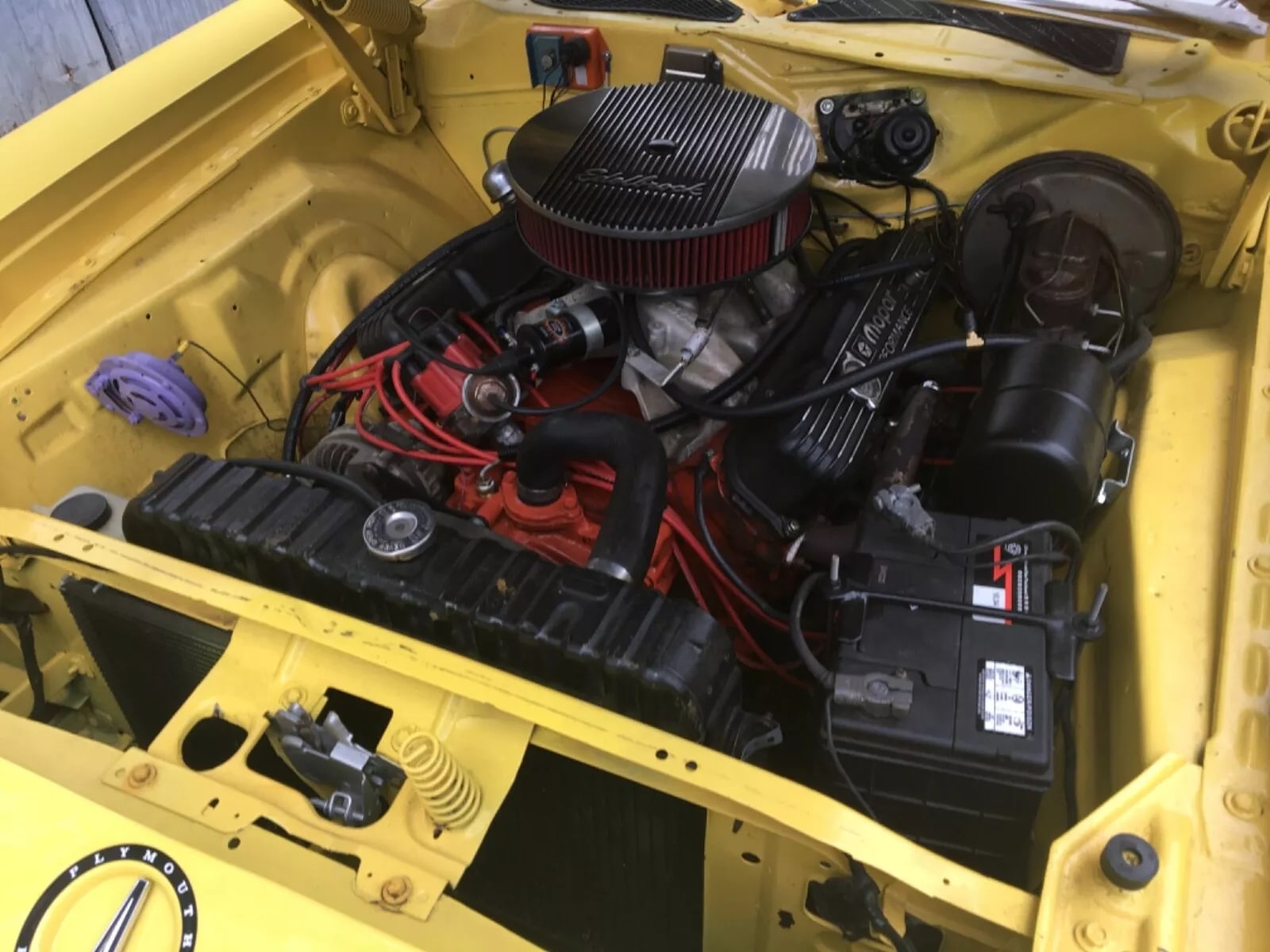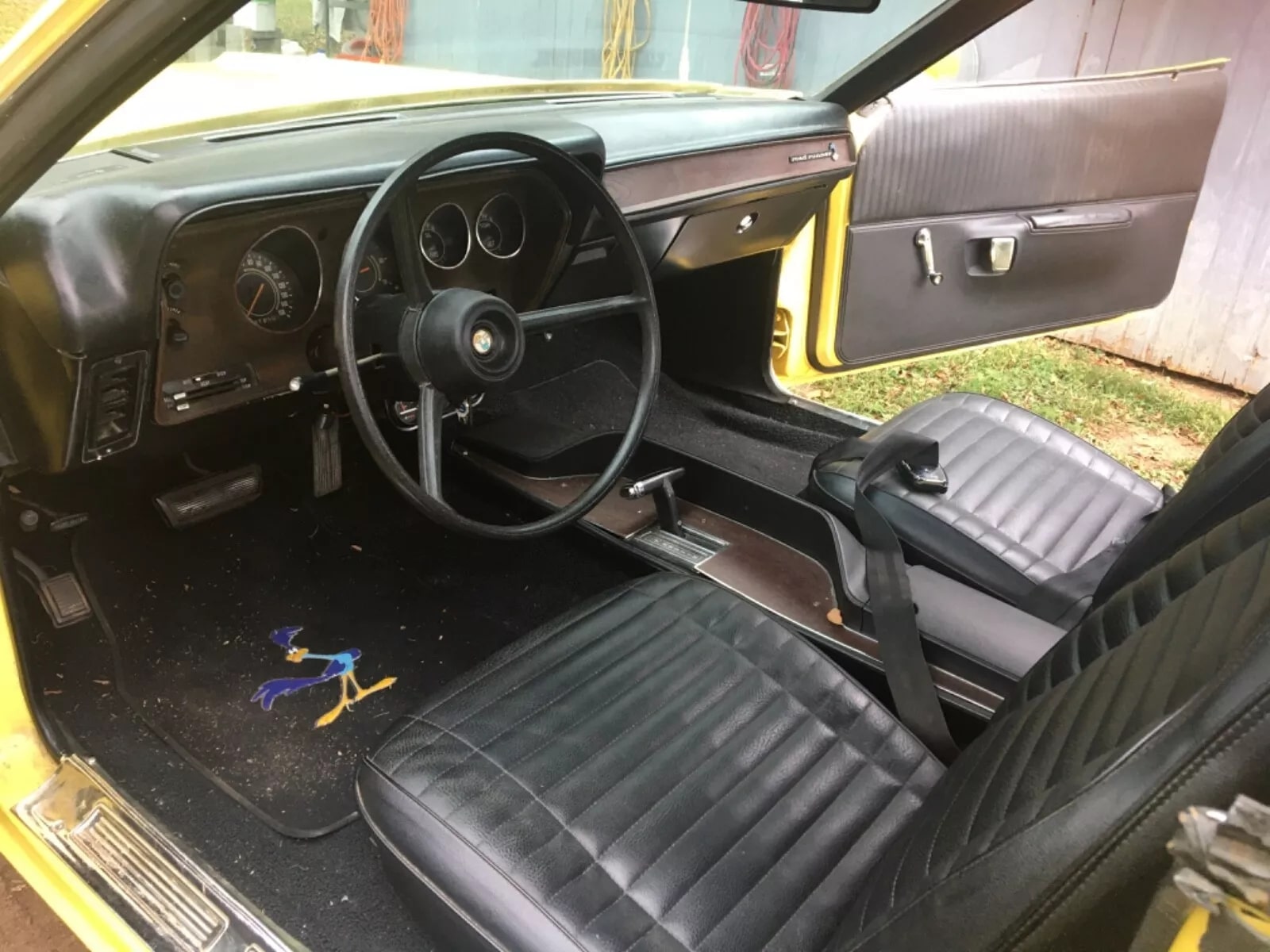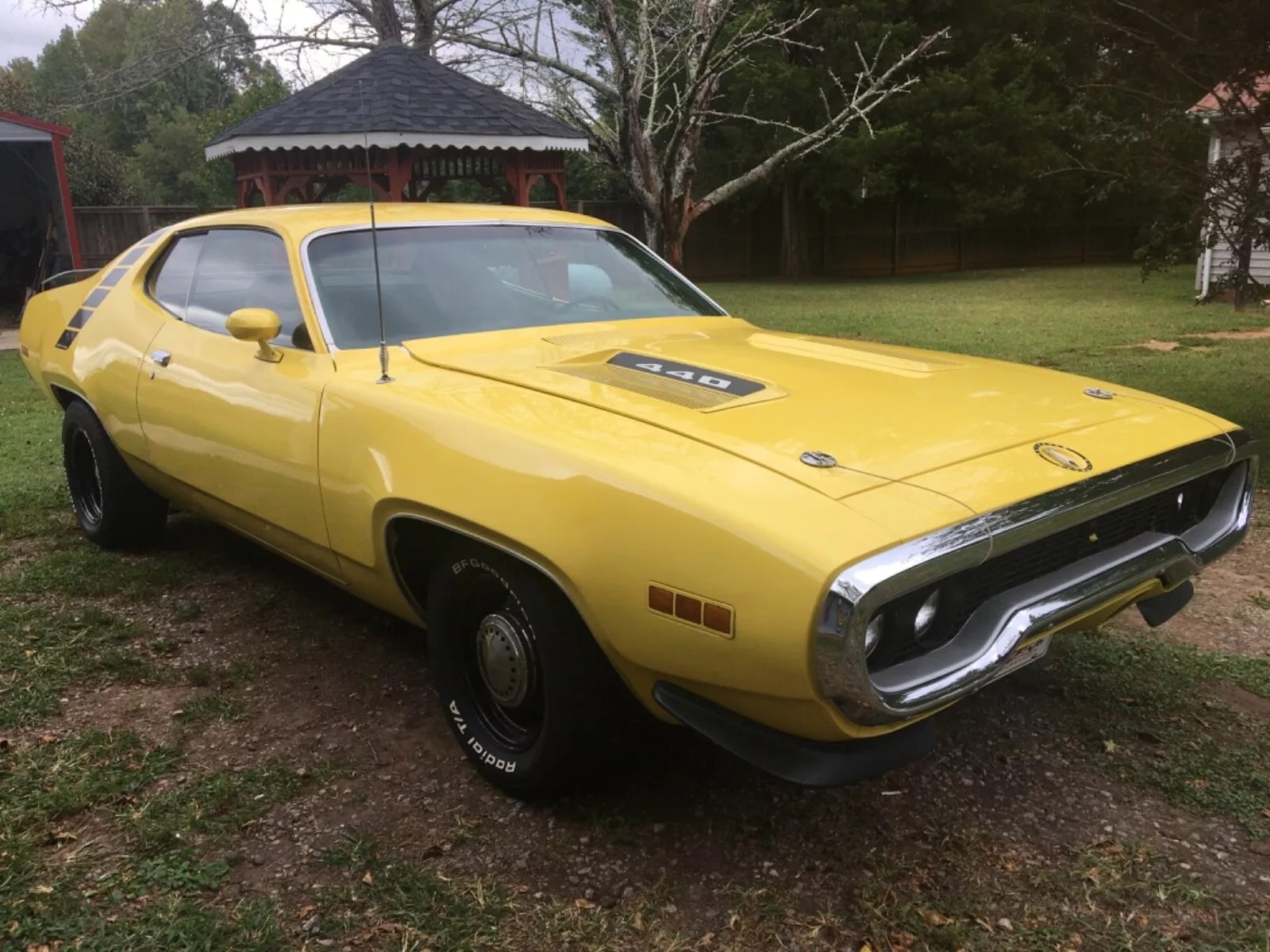The Plymouth Road Runner, a legendary muscle car introduced in 1968, initially offered a high performance version equipped with powerful engines like the 440 cubic inch Six Barrel and the 426 cubic inch HEMI V8. These engines, renowned for their raw power and distinctive sound, propelled the Road Runner to iconic status among muscle car enthusiasts.
However, the production of these engines was discontinued in 1971, marking the end of the Road Runner’s muscle car era. While the model continued to be produced in subsequent years, it lost its original high-performance character. Despite this transition, the Road Runner’s legacy lives on through its rare and sought-after early versions.

Only a limited number of these vehicles were produced with powerful engines, making them highly collectible today. The combination of exceptional performance, distinctive styling, and rarity has started the Road Runner to a coveted position in the automotive world.
While the Road Runner’s muscle car days may be behind it, its enduring appeal and historical significance ensure that it will remain a symbol of automotive excellence for generations to come. Despite its swapped engine and hood-mounted “440” badges, this Road Runner appears to be a factory-stock vehicle, both inside and out.
A recent restoration has left it in near-perfect condition, although it could benefit from detailing to achieve Concours-level shine. The car’s color, however, is a point of contention. The seller claims it was originally Curious Yellow and has been restored to match. However, the photos suggest it might be Lemon Twist.

Located in Asheboro, North Carolina, this Road Runner is currently up for auction and is expected to sell for around $20,600. However, the reserve price has not been met. For reference, 1971 Road Runners typically sell for an average of $67,039 at public auctions, though this figure is inflated by the high prices of HEMI and Six-Barrel models.
Given the car’s condition, potential rarity, and the current auction price, this Road Runner presents a promising opportunity for a collector. However, it’s essential to verify the car’s history and authenticity, especially regarding the original color, before making a purchase. A thorough inspection by a qualified mechanic or restoration expert is also recommended to ensure the car’s mechanical soundness.

